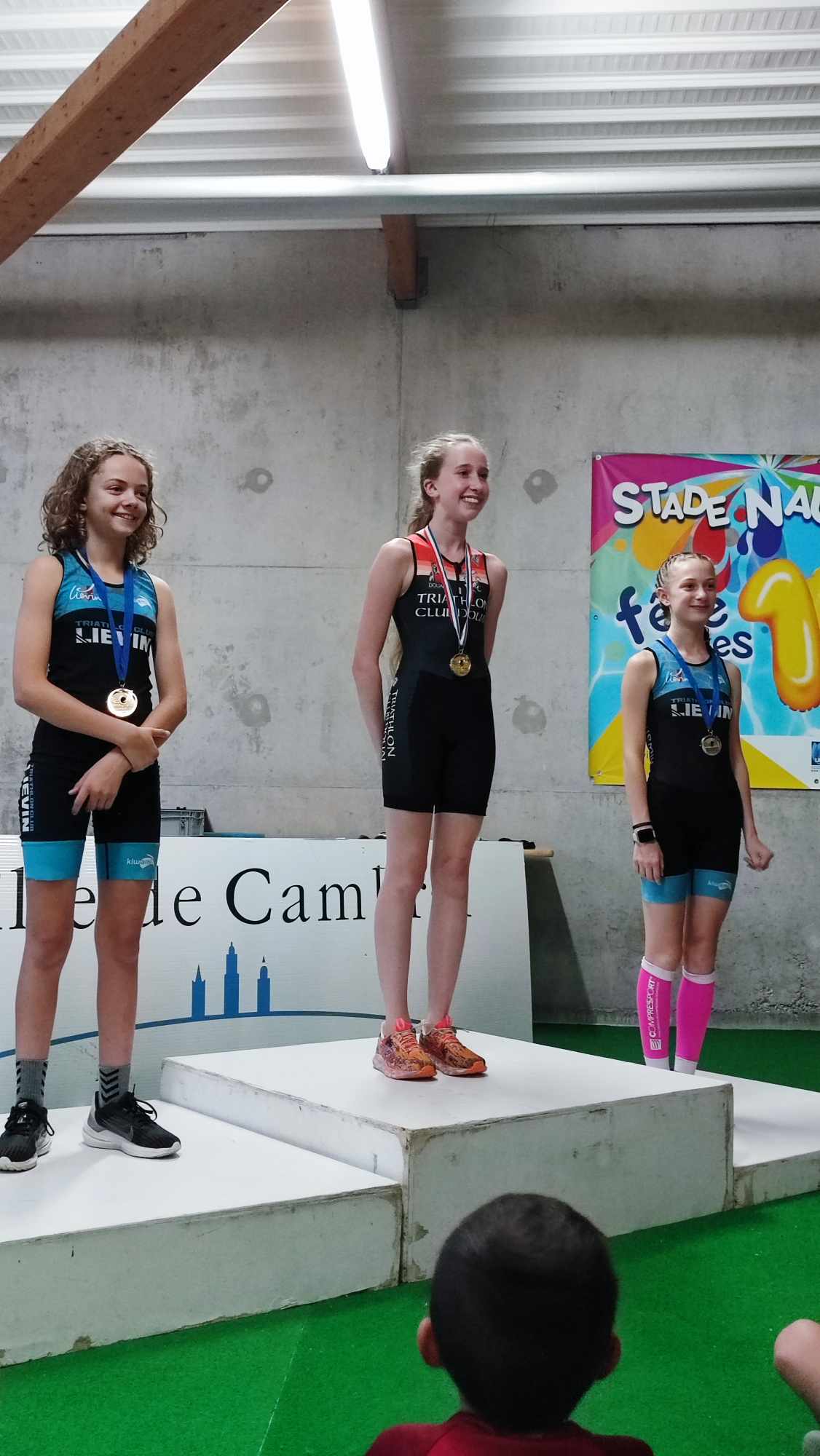In northern Syria, an election for the head of the Local Committees was held amongst female residents of Qabaseen city in Idlib’s countryside. Female constituents were encouraged by candidates in the Local Committee election to partake in the electoral process. The candidates proposed their plans if they were to be elected, displaying a wide range of promises. The election aimed to expand the Local Committee’s membership so it would have a more inclusive and diverse representation of the city’s residents.
Although Qabaseen City held elections, many local authorities lack the autonomy to run elections as their authority falls under complete control of armed actors, who do not hold democratic practices in high regard. Other major obstacles for facilitating elections include; the Syrian population in northern Syria being mixed, encompassing a diverse range of people from different parts of Syria who are squeezed into a small geographical location. Furthermore, election organization is made even more challenging to facilitate due to social inequalities and internal polarization within local communities.
Empowerment Committees; modest capabilities in pursuit of fostering democracy
We believe in voting and contributing to our society, and the change in power dynamics it brings about. Transitioning power between different political actors helped to provide locals with better social services, and healthy competition for the benefit of the population, not control it.
Asma, female voter from Qabbaseen
The head of the sub-committees, Hana Al-Ateya, who co-managed and oversaw the operational process of the election explained that awareness campaigns were held for those who wished to participate in the election process. The campaigns included explanations of the candidates’ roles and responsibilities to their stakeholders.
According to participants in the elections, voting in its essence has been a long-forgotten right which they have been deprived from by the Assad regime. One local voter, Said Asma, commented: “We believe in voting and contributing to our society, and the change in power dynamics it brings about. Transitioning power between different political actors helped to provide locals with better social services, and healthy competition for the benefit of the population, not control it.”
Asma also explained that the election, while modest, was a big step to change the negative feeling around elections and apathy towards them which has become a mainstream perception. He hoped that these negative perceptions could change into positive ones that would leverage change in the long run in regards to the view of elections’ impact and importance.
The head of the local sub-committee, Al-Ateya, explained that elections are particularly important to reintroduce because the current or upcoming authorities in Syria will not be able to transition to democracy unless those authorities are faced with public pressure to do so. In addition, positive perceptions about elections, in their lives and communities, leverages a tolerant democratic ecosystem.
The election Process
Prior to the election, local organizers of the election opened their doors to civilians to register their names to be candidates for the Local Women Empowerment Offices. Candidates’ required qualifications were published across different platforms. Potential candidates were required to meet a minimum of a high-school diploma, and to be at least 20 years old for their submission to be accepted. Such requirements aimed to encourage the younger generations to be included in the democratic process.
Eight candidates took part in the elections, and 360 people voted in them. Publicity encouraging people to vote featured across social media platforms. Al-Ateya said, “Candidates had the time to hold open discussions to explain their plans, and convince civilians to vote for them. Public engagement was vital to enrich the democratic process and engage public opinion to convince voters based on their future projects and their qualifications. We worked throughout the preparation process to underscore the importance of debating, and that difference as well as disagreements are part of the process. Votes were counted after the voting process finished by a group of representatives from the local council, and civil society actors in order to ensure transparency was upheld.”
With work, future change becomes Inevitable
The Local Administrator explained that elections aimed to underline the importance of the democratic process in Syria. He argued
Hiam Al-Ali, one of the election facilitators, explained that this election process helps raise women’s awareness about the importance of their voice and why taking action, either as a voter or candidate is a positive step towards advancing women’s’ interests and equality as well as creating a better future for the country as a whole. She went on to say, “more positive perceptions around democratic practices are being introduced to the public. People have always strived to have their voice heard, and see its real-life impact which they have been deprived from for decades by the Assad regime. Voting candidates in or out of positions adds to holding authorities accountable for their actions whilst holding public roles. Moreover, elections pave the way for more accountability measures in the future, which come as a result of societies institutional development and more importantly, recovery from the war. The more democratic framework we adopt in our institutions, regardless of how small it is, the more positive and valued society feels about itself.”
The main obstacle to advancing democratic processes to other areas and expanding democratic practices remain complex. The establishment of local authorities and security forces across northern Syria as well as the socio-economic struggles and lack of financial resources leaves democracy at the margin of interest for those holding public office.




